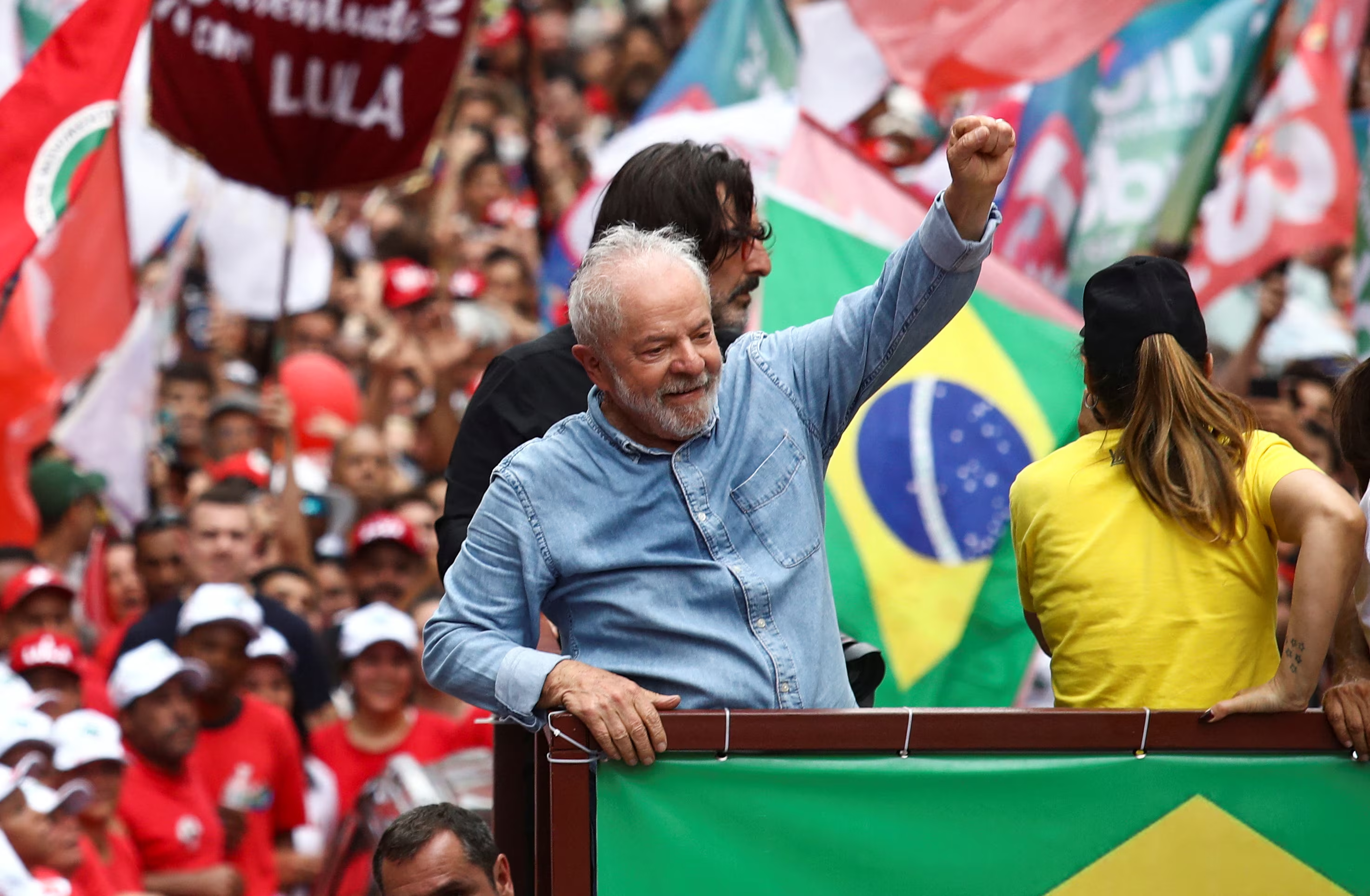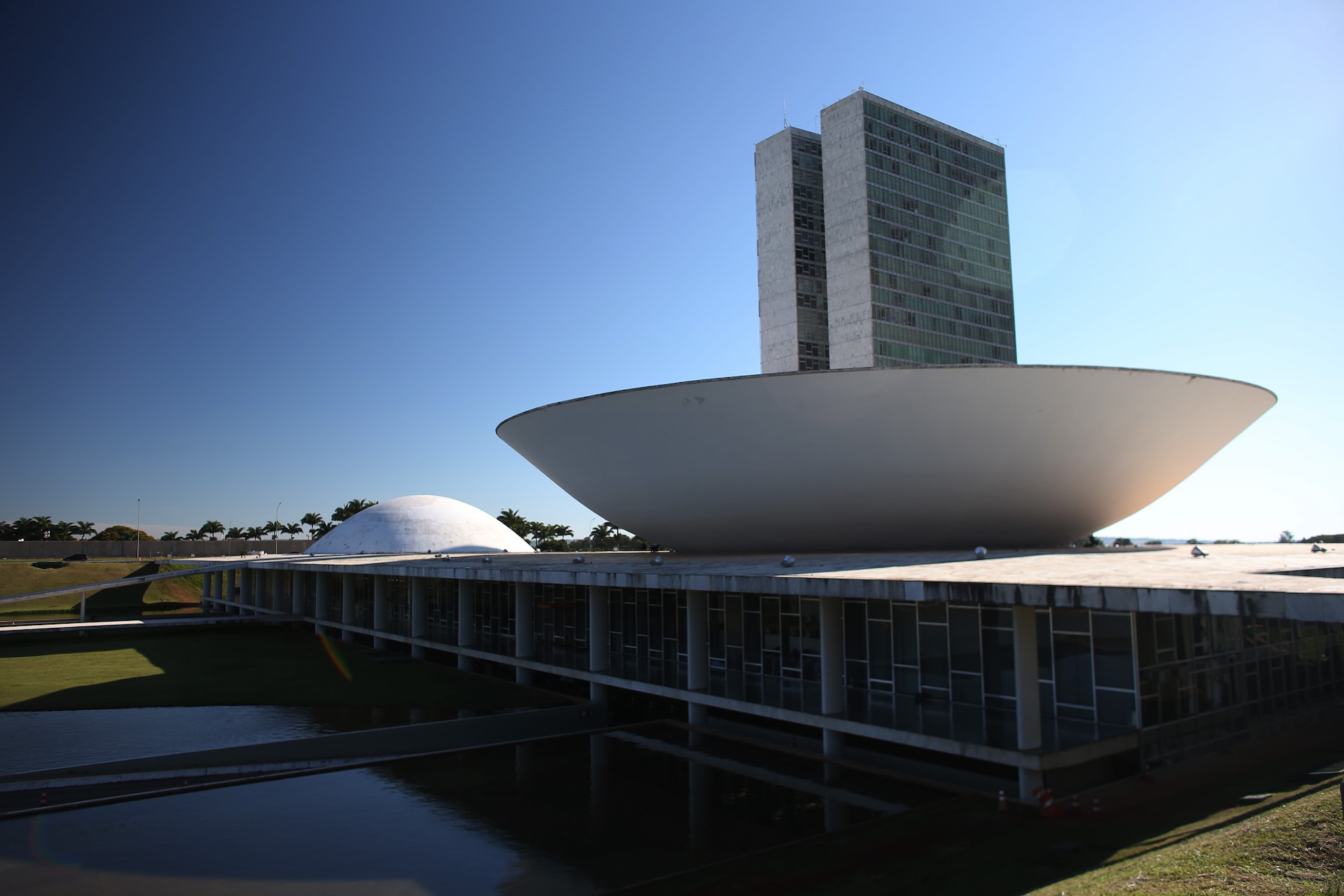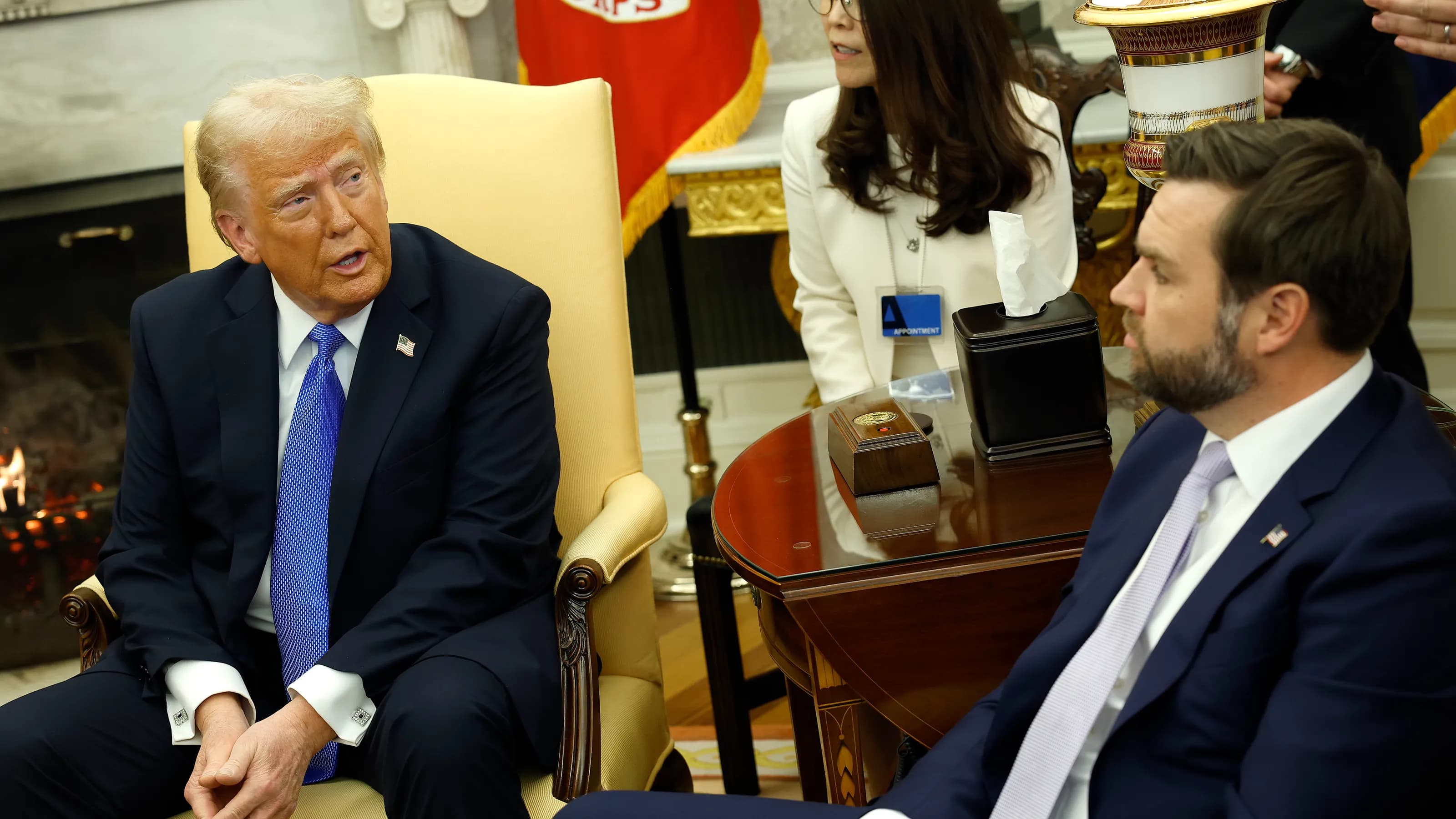In a shocking escalation of economic hostilities, President Donald Trump has announced a staggering 50% tariff on imports from Brazil, effective August 1. This drastic measure is ostensibly aimed at correcting what Trump calls an "unfair trade relationship," but it also serves as a strikingly blatant retaliation against Brazil for its internal political processes, especially the prosecution of former President Jair Bolsonaro. Brazilian President Luiz Inacio Lula da Silva has immediately vowed to respond with proportional countermeasures, highlighting the legal framework established in Brazil to counteract unilateral economic actions from other nations.
Trump"s Economic Aggression Targets Brazil
According to Reuters, Trump"s tariff is a stark increase from the previous rate of 10% imposed earlier this year, marking an unprecedented move in U.S.-Brazil relations. In his letter to Lula, Trump accused Brazil of engaging in "insidious attacks on Free Elections" and undermining free speech, echoing his own tumultuous relationship with accountability and judicial processes back home.
Impact on Brazil"s Economy and Currency
The immediate consequences of this tariff announcement were palpable, with the Brazilian real plummeting over 2% against the U.S. dollar. Such volatility not only destabilizes Brazil"s economy but also disproportionately affects the most vulnerable citizens, who rely heavily on trade for their livelihoods. As reported by the World Factbook, Brazil is the largest economy in South America and any disruption in trade can have cascading effects on employment and social welfare.

Brazil leftist Lula wins third presidential term to redeem ...
Countermeasures Under Economic Reciprocity Law
Lula"s promise to respond in kind, as outlined in Brazil"s economic reciprocity law, indicates a readiness to escalate this confrontation. "Brazil is a sovereign country with independent institutions that will not accept being lectured by anyone," Lula stated, asserting Brazil"s right to defend its economic interests against U.S. unilateralism. This law empowers Lula"s government to impose tariffs that match those implemented by other nations, and it raises the stakes considerably for both economies.
False Claims of Trade Deficits
Trump"s justification for the tariff includes claims of a dubious "trade deficit" with Brazil, despite U.S. government data showing a goods trade surplus of $7.4 billion with Brazil in 2024, as detailed by the Office of the U.S. Trade Representative. This misrepresentation of economic data exemplifies how political narratives can distort reality, undermining informed public understanding of international trade.

Brasília - DF
The Broader Implications for Global Trade
This move may not only affect U.S.-Brazil relations but also signal a broader trend of economic nationalism that prioritizes political posturing over genuine economic cooperation. The increase in tariffs on Brazil aligns with a series of similar measures against various countries, suggesting a larger pattern of using economic policy as a weapon. Such a strategy risks destabilizing not just bilateral trade, but global markets, fostering an environment of uncertainty that can hinder international cooperation on pressing issues such as climate change and global health.
The ramifications of this economic confrontation extend beyond tariffs; they resonate with the current global discourse on inequality and social justice. As working-class Brazilians face the brunt of these economic policies, the spotlight is on their resilience and the ongoing fight for equitable treatment in an increasingly polarized world.







![[Video] Gunfire between Iraqi security forces and Sadr militias in Baghdad](/_next/image?url=%2Fapi%2Fimage%2Fthumbnails%2Fthumbnail-1768343508874-4redb-thumbnail.jpg&w=3840&q=75)
